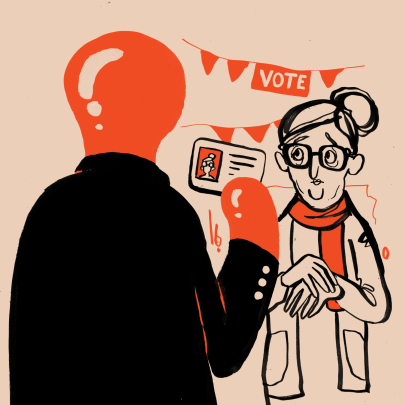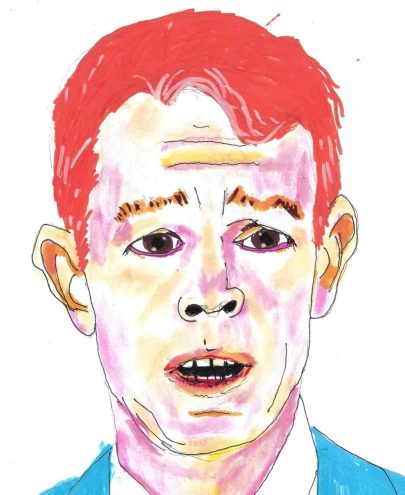Dec 18, 2015 Politics
The Christmas Island fiasco is a failure of our political and media establishments.
This article was first published in the December 2015 issue of Metro.
Visa, MasterCard and American Express almost certainly do a better job of knowing how many of their customers are on Christmas Island than our government does of knowing how many Kiwis are there.
It’s two years since then-Australian Immigration Minister Scott Morrison announced that the visas of any foreigners in Australia sentenced to a cumulative 12 months in prison should be revoked. In September 2014, he introduced the Migration Amendment (Character and General Visa Cancellation) Bill to Parliament, which was passed with bipartisan support by Labour and the Liberal/National Coalition prior to last Christmas. The Australian media applauded.
Less than 2km from the Australian Parliament is the New Zealand High Commission. Several dozen of the more than 1300 people employed by the Ministry of Foreign Affairs and Trade (Mfat) are stationed there, to keep an eye on events in Australia and look after the interests of New Zealand citizens.
Here in New Zealand, another 3500 bureaucrats are paid by the Ministry of Justice. They, of course, are just a fraction of the 45,000 bureaucrats now employed by John Key’s government, a record since public sector reforms of the 1980s. Not one of them seems to have known what Morrison was up to or what it would mean for New Zealand, nor did they bother to ask.
With the possible exception of the inexperienced Te Tai Tokerau MP Kelvin Davis, the same seems true of the Opposition and the media.
In the end, two years since Morrison’s first announcement, our Parliament was forced to rush through legislation under urgency to protect the public from those being sent home from Australia, some of whom are indeed rapists, murderers and child molesters. In the meantime, the Prime Minister had managed to mislead Parliament and cause a storm over whether he was trivialising rape, while it became fairly obvious the Justice Minister, Amy Adams, had not the slightest idea of what was really going on.
Our politicians have fooled themselves for generations that they meet as equals with their Australian counterparts. No need, then, for our “right” to live and work in Australia to be written down. It never has been. A handshake will do. We’re family, remember? With mateship forged on the cliffs at Gallipoli.
When the Australians began talking about revoking visas, it seems no one in New Zealand thought they were really talking about us. It came as a terrible shock in September when we discovered they had locked up an unknown number of Kiwi citizens on Christmas Island. Wasn’t the Indian Ocean facility meant for boat people trafficked from Indonesia? Then we all went and watched the Rugby World Cup, and didn’t we show those Aussies who’s boss in the final.
Missing the significance to New Zealand of Morrison’s tough and popular legislation was a major policy failure by Mfat, the Ministry of Justice and the Key government. But what stands out even more is that even when reports emerged of New Zealand citizens being held in custody — despite having completed their sentences, some for relatively minor offences — no one really cared about them.
The government didn’t demand from Canberra the names and passport numbers of those being held or details of their convictions. Nor did the Opposition or media demand that information from Key. It seems not even Davis sought the full picture, despite travelling to Christmas Island.
When Key inflamed the situation by accusing the Labour MP of supporting rapists, Davis didn’t immediately know that what the PM had said was false. Several Labour and Green MPs then spent two days talking about their experiences of sexual abuse rather than about the New Zealanders Key had falsely called rapists, and to whom his government was continuing to fail to offer basic consular support. Former National Party president Michelle Boag decided to be offended that the MPs were offended.
In late November, the day before the Australians sent a planeload of detainees back to New Zealand, Adams was still unable to provide basic information about how many people would be on the aircraft or where it would land.
The detainees are not the best advertisement for New Zealand, or for Australia, where most of them grew up. But they are New Zealand citizens. Whatever they have done — rape, murder, shoplifting or unpaid fines — they are entitled to better support than they received, and to know that someone in the vast apparatus of government cares about them. But no one did.





